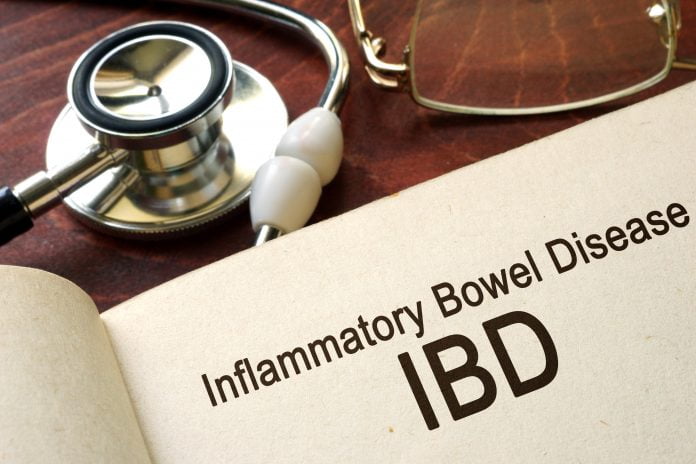Switching patients with inflammatory bowel disease (IBD) from originator to biosimilar infliximab is not only safe and effective, but could also result in significant savings to both patients and the Pharmaceutical Benefits Scheme.
This is according to research published online by the Medical Journal of Australia.
Infliximab and other agents are clinically effective for a range of chronic disease indications, including moderate to severe IBD.
They are, however, expensive, accounting for as much as 64 per cent of IBD-related health care costs, write the authors, led by Dr Craig Haifer, a gastroenterologist at St Vincent’s Hospital Sydney and the University of Sydney.
“During 2015–16, expenditure for biologic medications in Australia was estimated to total at least $2.3 billion, and cost reduction strategies are needed to ensure the sustainability of biologic therapies for Australian patients,” Haifer and colleagues wrote.
“One approach to reducing pharmaceutical expenditure is using less expensive biosimilar medicines.”
The action of a biosimilar medication in vitro is very similar to that of the reference product, and there should be no clinically meaningful differences in potency, purity, or safety.
Haifer and colleagues conducted their research across seven Australian hospitals over 48 weeks, from May 2017 to October 2019.
Participants were adults (18 years or older) with IBD receiving maintenance originator infliximab, who had been in steroid-free clinical remission for at least 12 weeks.
The intervention group consisted of 204 patients in four hospitals who were switched from originator to biosimilar infliximab (CT-P13). The 141 participants in the other three hospitals continued to receive originator infliximab, and they were the control group.
“Ten in the control group (7%) and 16 patients switched to CT-P13 (8%) experienced clinical deterioration … [however] the adjusted risk difference [was] within our pre-specified non-inferiority margin of 15 percentage points,” they reported.
“Serious adverse events leading to infliximab discontinuation were infrequent in both the switch (6.3%) and control (6.4%) groups.”
The authors also found that their results had “significant health economic implications”.
To access the release, click here.









